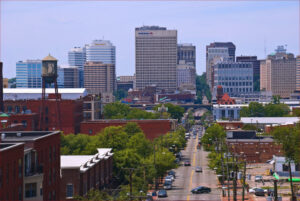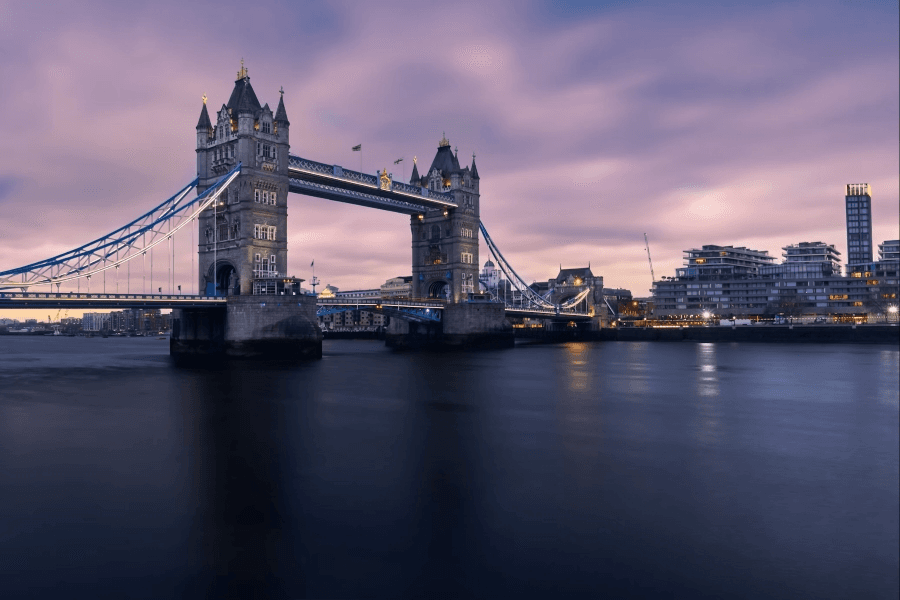Richmond Voters Refuse Casino Development Plan
Share This Tags The proposed $562 million South Richmond casino, known as the Richmond Grand Resort and Casino, has failed to gain the support of voters. Despite promising 1,300 permanent jobs, a 250-room hotel, a 55-acre park, and $30 million in local tax revenue, the project encountered opposition from grassroots community organizations. This article delves into the rise and fall of the Richmond Grand Resort and Casino, exploring the reasons behind its defeat and the potential impact on the city of Richmond.
The proposed $562 million South Richmond casino, known as the Richmond Grand Resort and Casino, has failed to gain the support of voters. Despite promising 1,300 permanent jobs, a 250-room hotel, a 55-acre park, and $30 million in local tax revenue, the project encountered opposition from grassroots community organizations. This article delves into the rise and fall of the Richmond Grand Resort and Casino, exploring the reasons behind its defeat and the potential impact on the city of Richmond.
The Richmond Grand Resort and Casino, located at 2001 Walmsley Blvd. and 4700 Trenton Ave., was initially met with enthusiasm by Mayor Levar Stoney, the Richmond NAACP, local and national unions, several local church officials, and all but one City Council member. The project garnered support due to its potential for job creation, increased tax revenue, and economic development for the economically depressed South Side of Richmond.
An agreement with the city included an upfront payment of $25.5 million and an additional $1 million once financing had closed. The revenue generated from the project would have been allocated to child care services. Mayor Stoney emphasized the importance of this funding, stating that without it, the city would have to explore alternatives such as raising taxes.
Despite the initial support, opposition to the Richmond Grand Resort and Casino quickly emerged. Grassroots community organizations argued that the developers would exploit the predominantly poor and Black surrounding area. Concerns were raised about the potential negative impact on the community, citing examples from other cities where casinos had adversely affected neighborhoods.
One Hickory Hill voter, Matt Wild, expressed his opposition to the project, describing it as “predatory” and “gross.” He believed that South Richmond had the potential for locally based developments such as “mom-and-pop shops” and restaurants, rather than relying on a large-scale casino.
On Election Day, voters in all districts except the Eighth and Ninth rejected the plans for the Richmond Grand Resort and Casino. With 58% of voters casting no ballots and 41% casting yes, the project fell short by approximately 13,185 votes. Despite overwhelming support from Richmonders closest to the planned site, the overall result was a defeat for the developers.
The defeat of the referendum marked the second time in two years that plans for a similar casino project had been rejected by voters. The previous referendum had a smaller margin of defeat. The outcome indicated a clear message from the public that they did not want or need the casino in their city.
Developers Urban One and Churchill Downs Inc. invested a record-breaking $10 million in a door-to-door campaign aimed at boosting voter turnout. However, the campaign was not enough to sway the public’s opinion. The defeat also came shortly after controversy arose when a radio show host on a station owned by Urban One used antisemitic remarks about opponent Paul Goldman, the chair of the No Means No Casino political action committee.
Despite the controversies and campaign efforts, the defeat of the Richmond Grand Resort and Casino can be attributed to the strong opposition from grassroots organizations and community concerns about the negative impact on the surrounding area.
Following the defeat, Mayor Stoney expressed his commitment to working towards accessible and affordable child care, good-paying jobs, and an abundance of opportunities for all Richmonders. The failure of the casino project has led the city to explore alternative avenues for economic development and revenue generation.
The Virginia state legislature approved legislation in 2020 for the construction of five casinos, with Bristol, Portsmouth, Danville, and Norfolk already having casino projects in progress. The failure of the Richmond Grand Resort and Casino means that the next proposed casino location within the state will now be determined by the state government.



 2023-11-11
2023-11-11















